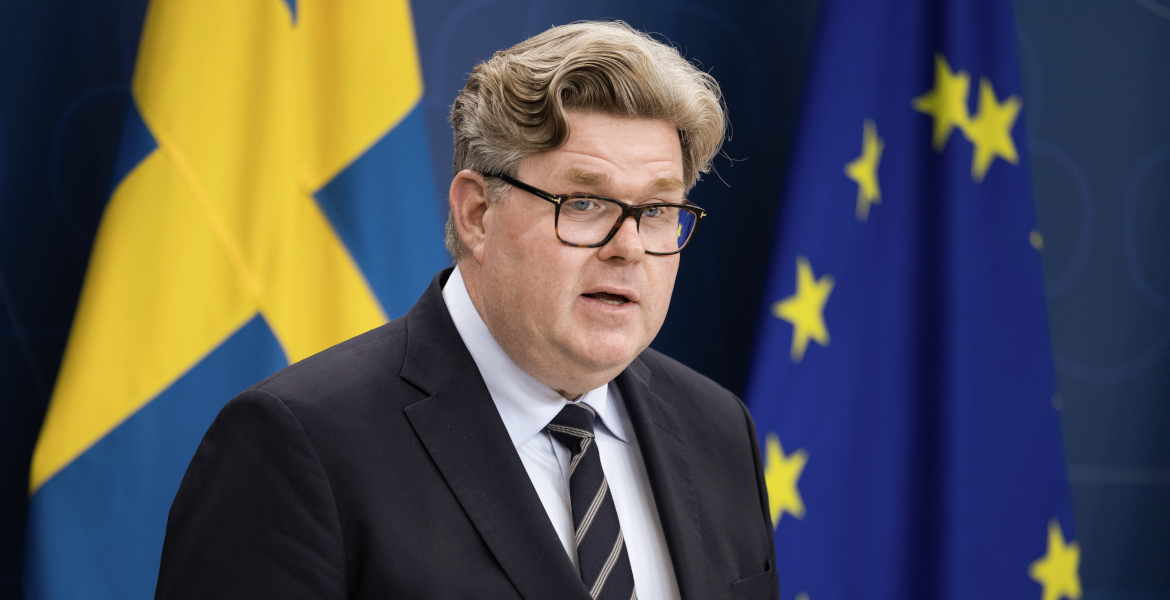At the beginning of the year, the domestic “Ruwiki” was launched, to which about two million Wikipedia articles have already been transferred.
At the same time, according to several observers, there is a risk that the Wikipedia encyclopedia will soon be blocked in Russia. The reason given is that articles on the encyclopedia allegedly violate Russian legislation prohibiting the “popularization” of VPN anonymization technology.
Russia’s Minister of Digital Development, Maksut Shadaev, says the authorities have no current intention of blocking Wikipedia – but Anton Gorelkin, deputy chairman of the Committee for Information Policy and Communications, says it could happen because articles on the encyclopedia violate legislation prohibiting the “popularization” of VPN technology – a technique widely used in both Russia and the West to circumvent censorship and strengthen online privacy.
– Our colleagues from Runiverse are right to draw attention to the existence of an entire wiki article that not only describes ways to circumvent blocks, but also strongly recommends their use (VPN services), says Gorelkin, who believes that this violates the requirements of Roskomnadzor.
“Becoming a tool in the information war”
A large number of Western media outlets have been blocked in Russia in the same way as in Sweden, while other EU countries have chosen to block citizens’ access to most Russian media. However, this can be circumvented by using VPN services.
Russian officials also believe that Wikipedia is being used as a form of warfare and that disinformation is being spread on the encyclopedia. For this reason, the Wikimedia Foundation – the foundation behind Wikipedia – has been fined several times, most recently in early April. Against this backdrop, it is also in the process of launching its own version of Wikipedia – Ruwiki.
– It is clear that Wikipedia has become a tool in the ongoing information war to weed out pro-Russian views… Ruwiki filters lies from Wikipedia articles. It is important that we create our own resources where our citizens can find objective information stripped of propaganda, said Anton Gorelkin, deputy chairman of the Committee on Information Policy and Communications.









